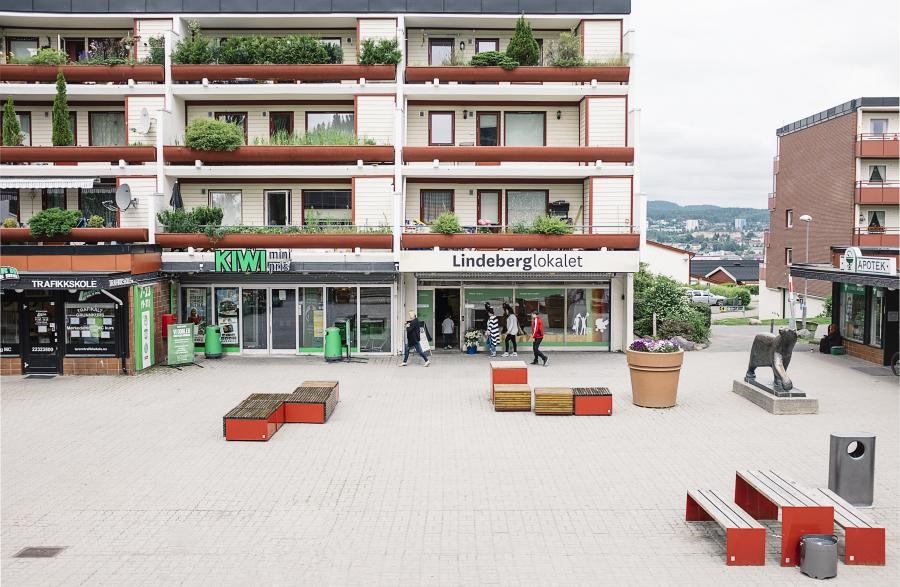


The European Union supports cities in becoming greener and more sustainable through policies and funding. These help city planners achieve the EU goals of making the green transition to a circular economy.
For example, the EU Diversity Strategy for 2030 includes a nature restoration plan to help urban authorities introduce nature-based solutions (NBS) that can improve the quality of life.
Meanwhile, the EU Strategy on Adaptation to Climate Change supports cities in taking measures to mitigate against the impact of global warming.
As part of the European Green Deal, a new Circular Economy Action Plan (CEAP) was adopted in 2020. By embracing circular economy concepts in resource management, cities can set themselves on a path to greater sustainability.
The EU has also developed public procurement criteria to guide authorities in launching ‘green’ public tenders. In addition, the new Leipzig Charter provides a policy framework document for sustainable urban development in Europe.
In the context of the EU's Urban Agenda, three multi-stakeholder partnerships have been established to inform and improve sustainable urban development practice:
A number of European cities have undertaken specific actions with a strong focus on sustainable urban development through one or more of these partnerships. Additionally, integrated urban strategies have been designed with support from the ERDF. URBACT and the Urban Innovative Actions programmes also help cities to develop specific initiatives.
Trailblazing sustainable solutions
Inspired by the work of the Partnership for Sustainable Land Use and NBS, the Italian city of Bologna began reviewing its General Urban Plan in 2018. The new plan embraces the principles of the circular economy while promoting the regeneration of soils and the reduction of urban sprawl.
Land take, the amount of land lost to urban development, is now the main reference indicator for measuring new urban developments in the city. The new planning framework has also encouraged the restoration and regeneration of unused areas and old buildings.
Meanwhile, the Dutch city of Haarlem is the coordinator of the Partnership on Innovative and Responsible Public Procurement. The city has also created local cooperation centres, which focus on establishing sustainable procurement strategies.
Municipalities responsible for planning and public procurement do not always have enough expert procurement officers, and their level of competence can vary. The centres help resolve these issues by pooling resources and expertise to ensure good quality procurement practices.
Slovenia’s second-largest city, Maribor, has developed a way to select impactful urban interventions that take account of economic, environmental and social needs. The city began by developing a circular economy strategy, an initiative which received funding from the ERDF-supported Greencycle project.
Among other activities, Maribor is implementing a project called Urban Soil 4 Food, which aims to reduce the amount of biological and construction waste that ends up in landfill, diverting it into producing soil for gardens, green spaces and construction sites.
Taming the urban jungle
The City of Prato in Italy is pursuing a number of initiatives to boost sustainability. For example, the Piu' Prato project is helping to redevelop the city’s Macrolotto Zero district in a bid to make it more liveable and economically vibrant.
The project’s actions include bringing abandoned buildings back into use, constructing green spaces and promoting sustainable mobility. Meanwhile, the Prato Urban Jungle project aims to restore nature to certain neighbourhoods through the development of green spaces.
Norway’s capital city Oslo is coordinator of the Circular Economy Partnership. One of the partnership’s key achievements is the development of a set of 29 performance indicators to measure a city’s progress to towards a circular economy model.
The city has developed a number of initiatives to reduce waste. It has established nine mini recycling stations to make it easier for residents to dispose of small amounts of bulky and hazardous waste without requiring a vehicle of their own
FIND OUT MORE
Making use of circular procurement and specific targets and indicators